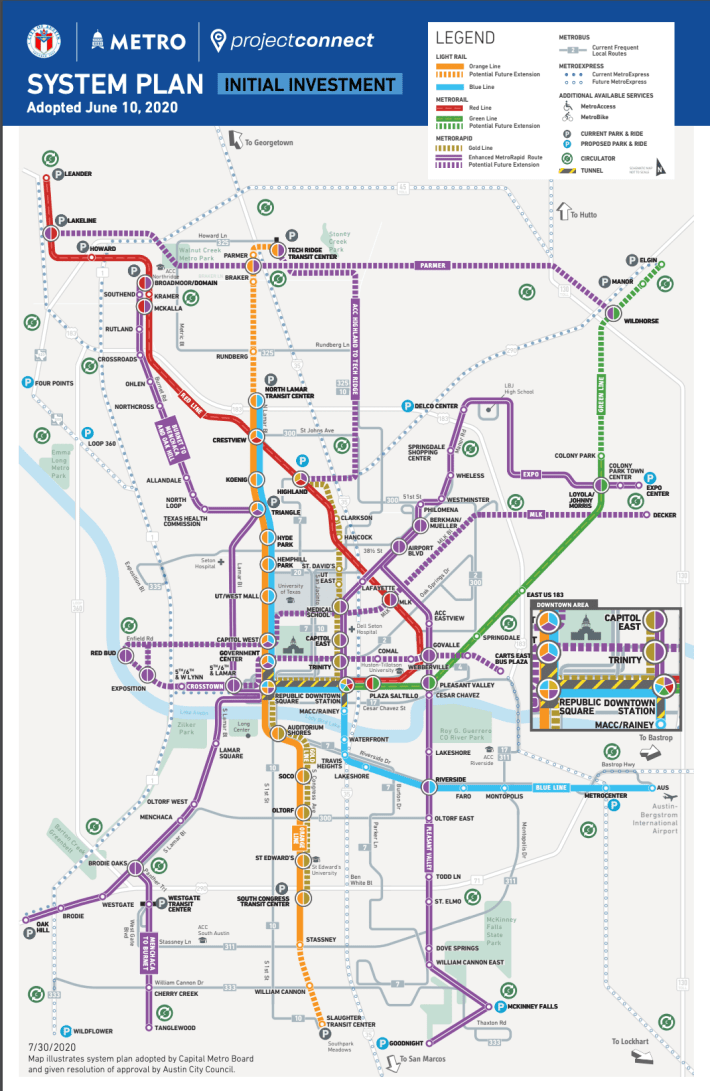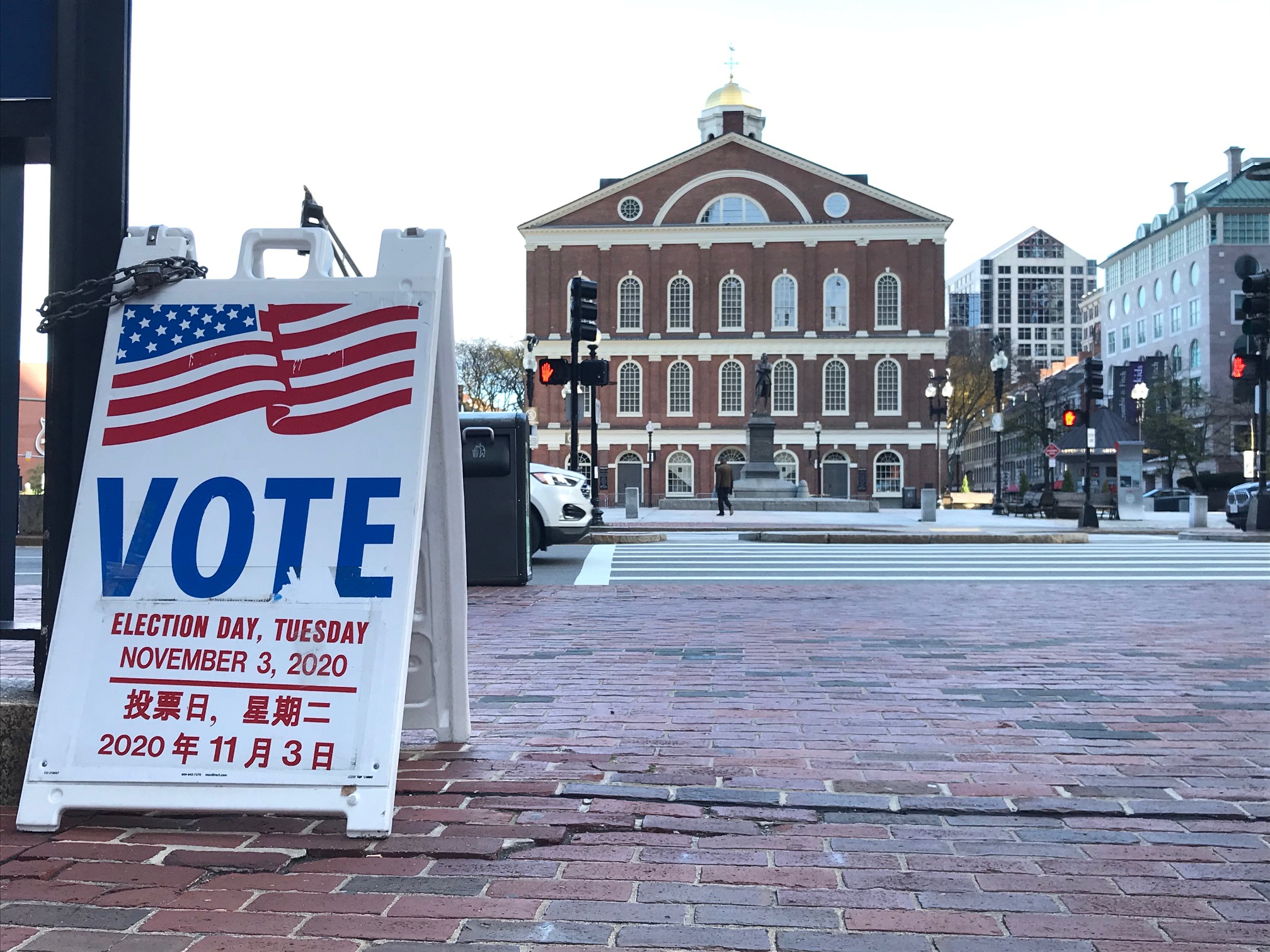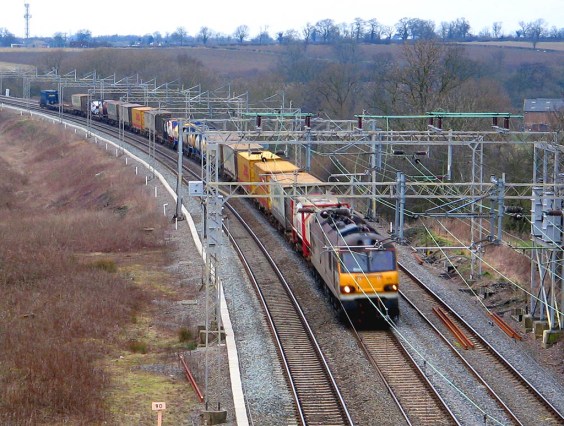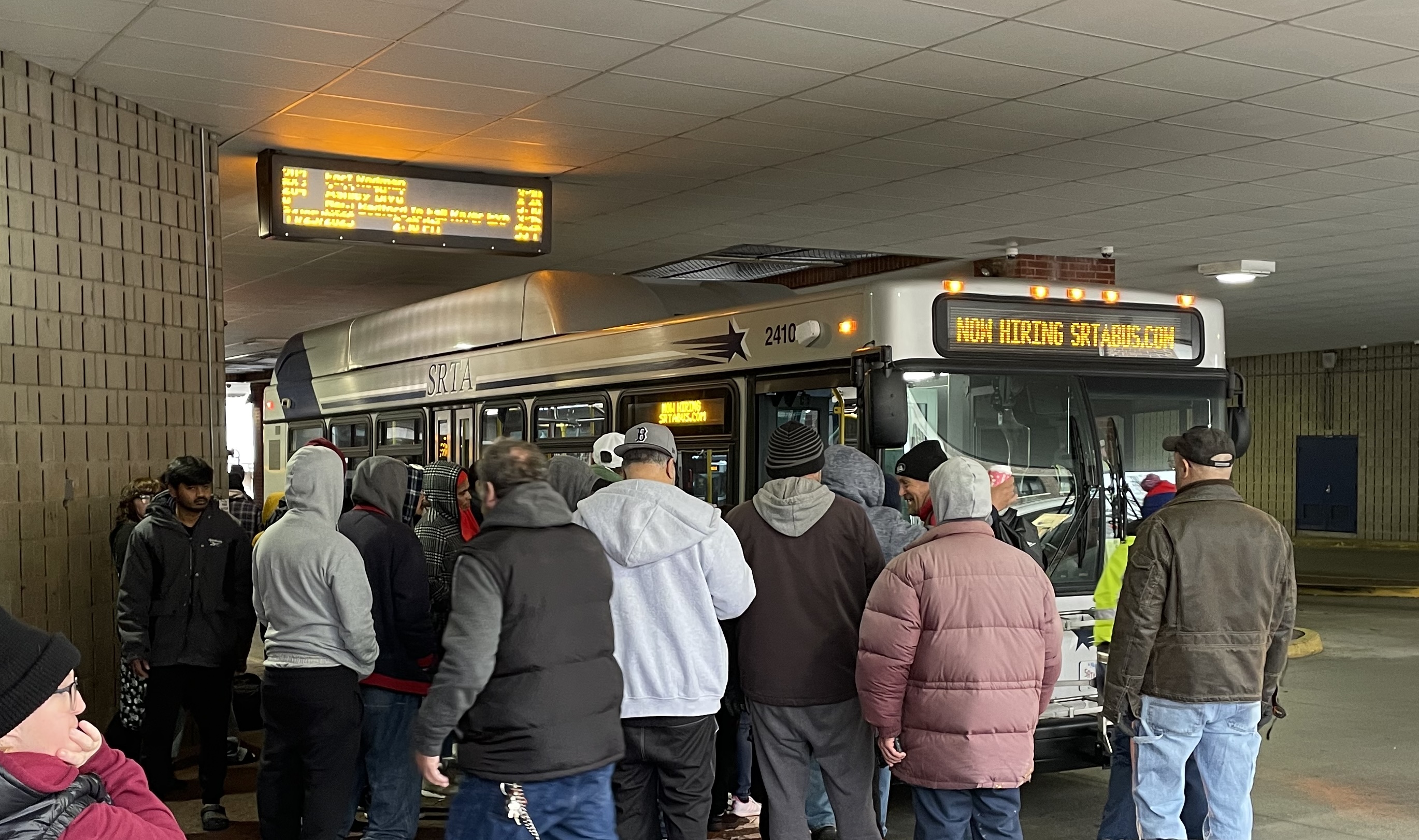While national races remain nail-biters, the results are in (and generally positive) for several local transit and climate ballot questions. Here's a roundup of what passed, and what didn't:
Two victories in Texas
Austin, one of the fastest-growing cities in the nation, finally approved a major new light rail network after failing twice before (in 2000 and 2014).
Capital Metro's "Project Connect" plan would raise $7.5 billion from local property taxes to build two new light rail lines, a new commuter rail line, a downtown transit tunnel, and a bus rapid transit network, and new e-bikes and stations for the local bikesharing system.

In nearby San Antonio, voters approved a more modest transit funding package that will allocate a portion of local sales taxes to fund improvements to the city's VIA bus network.
Portland, OR votes down transit and roadway funding package
Meanwhile, voters in the Portland, Oregon metropolitan region turned down a $5 billion package that would have funded a broad range of roadway and transit projects – the biggest of which would have been a new light rail line from downtown to the city's southwestern suburbs. It would have also funded bus rapid transit investments on four major corridors.
The projects would have been funded through a new payroll tax, which turned some of the region's biggest business groups and employers, including Nike and Intel, against it. Only 43 percent of Multnomah County voters voted for the measure.
Seattle renews funding for frequent bus service
In Seattle, voters renewed the "Seattle Transportation Benefit District," which was originally passed in 2014 and funds a large portion of the region's bus network. The district is a key component in Seattle's successful efforts to shift more regional trips onto transit with frequent, all-day bus service that's within easy walking distance for most Seattle households.
Bay Area voters save Caltrain
Voters in California endorsed Measure RR, which creates a new 1/8 cent sales tax to help fund Caltrain service. Like many transit services, Caltrain has struggled this year with the sudden loss of fare revenue, and was facing the possibility of shutting down altogether even as construction crews worked on a project to electrify the route.
The sales tax is expected to keep trains running, and keep the electrification project on schedule.
"Post-pandemic, (the vote) will enable Caltrain to run a more frequent, Metro-style service level, running all day and night," says StreetsblogSF editor Roger Rudick.
Read more about the ballot measure and the results on StreetsblogSF.
Too close to call Gwinnett County's transit plan
Gwinnett County, a diverse suburban region northeast of Atlanta (and just out of reach of MARTA's existing Gold Line), is still counting ballots on its "Gwinnett Connect" transit plan, which would have levied a new 1% sales tax to fund a $12 billion transit expansion, including a short extension of MARTA's Gold Line into the county, and new bus rapid transit services to connect to it.
A previous version of this story reported that the referendum had been rejected; however, in recent days, as more mailed-in ballots have been counted, the measure's chances have improved.
Gwinnett County voters also rejected a proposal to have the county join MARTA in 2019.






